Like us on Facebook!
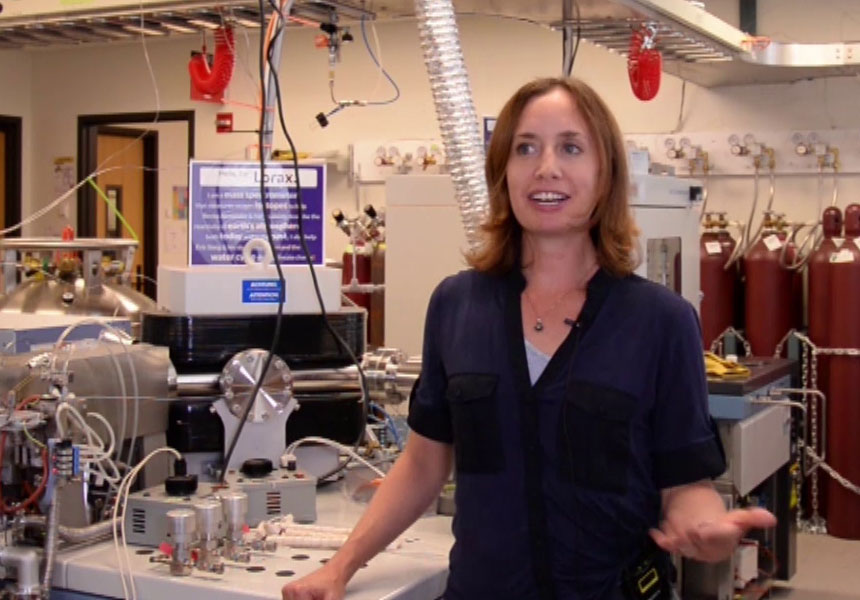
Like any parent, Becky describes her immediate concerns as about her kids and family... while climate change seems far in the future. But that future is our kids' future, so she is very concerned.
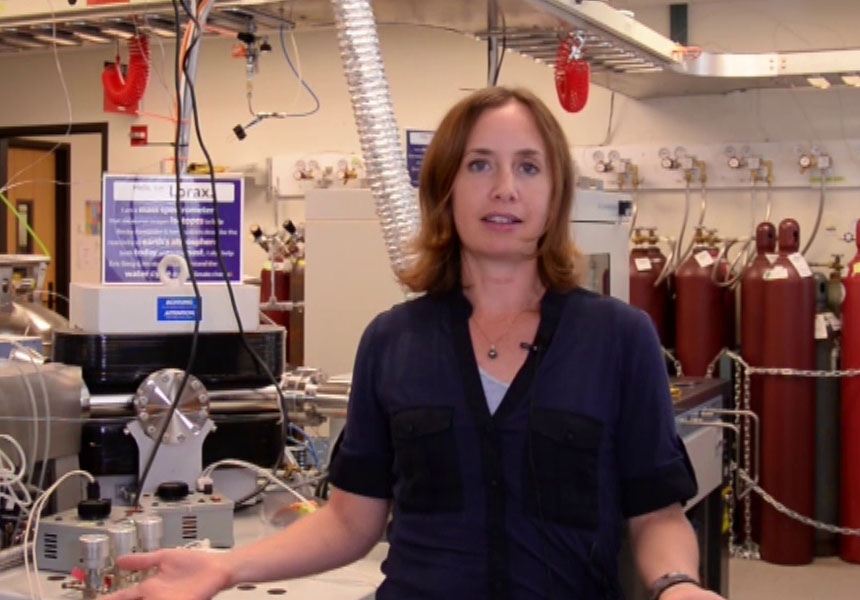
As a scientist in one of the leading research departments, Becky can tell us that that for the scientific community, the debate is over whether climate change is real or manmade. The interesting scientific questions now are about how much, how fast, and regional effects.
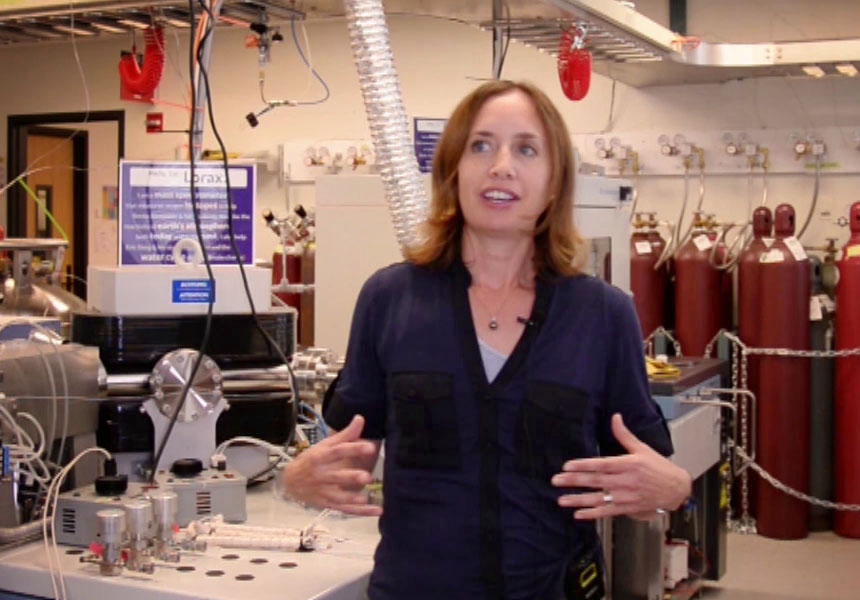
Our civilization has developed over 10,000 years based on a stable climate. We've been able to place agriculture and cities with confidence. That's changing for the first time.
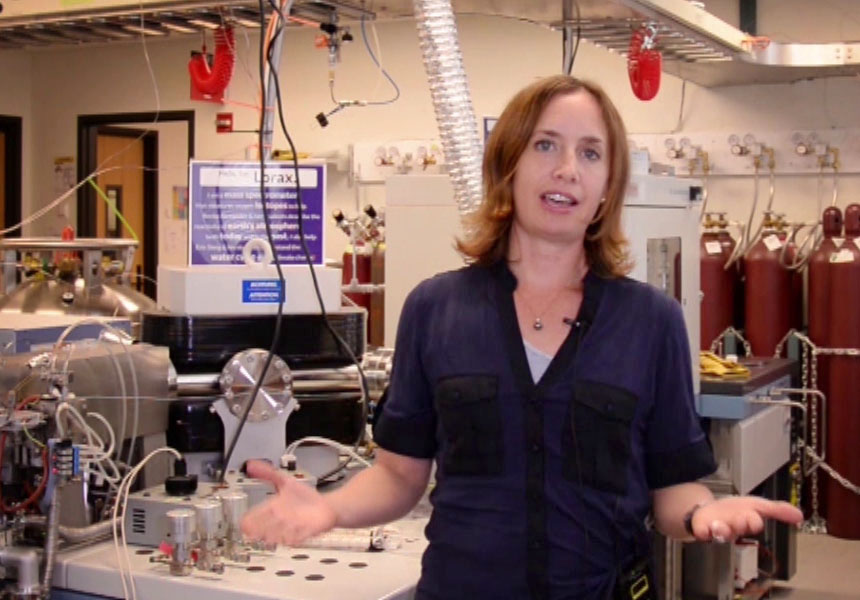
As a parent you naturally want to prepare your kids for their future... but we're heading towards a state that we've never seen before ever in human history.
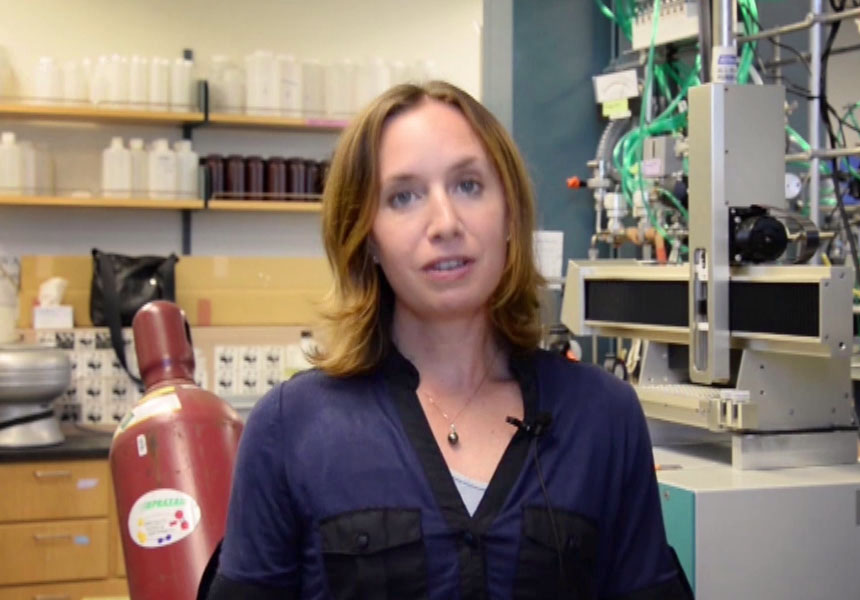
If you're concerned and wondering what to do... Becky as a simple but effective answer: talk to people!
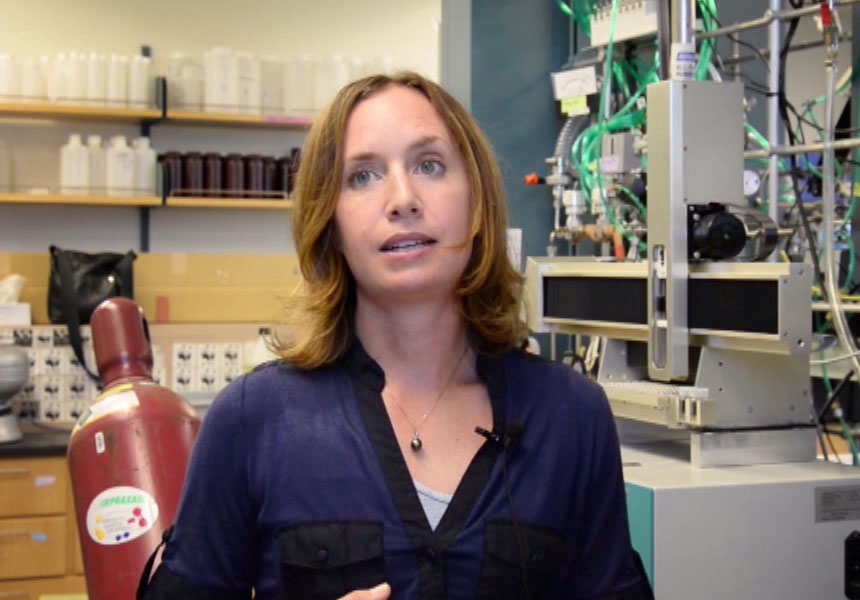
By studying climate changes in the past, two things pop out. First is how remarkably stable our climate has been over the past 10,000 years as we've built our civilizations. Second, it has changed dramatically earlier! What are the lessons?
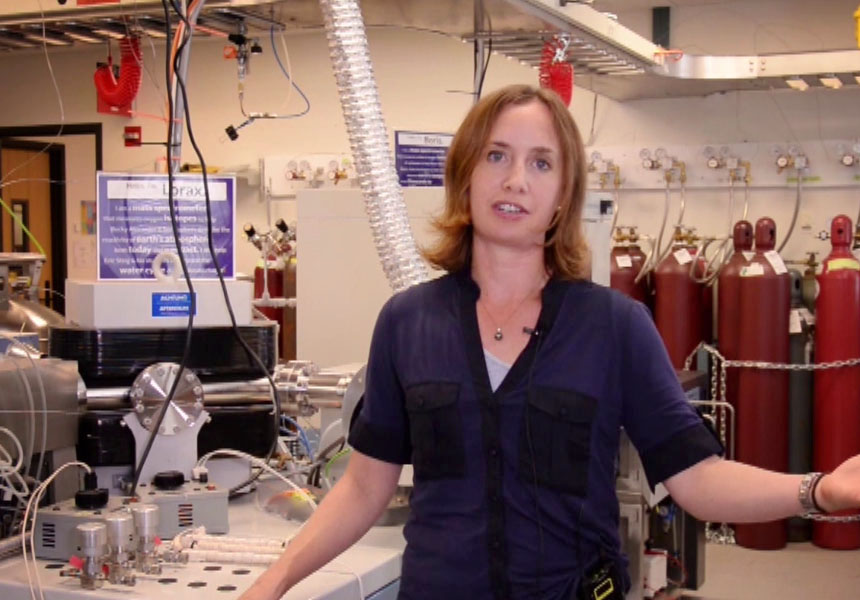
Having studied the climates of the past, and how our civilization has developed based on a fairly stable climate, Becky also thinks deeply about how the changing climate will affect us. Please take a listen.
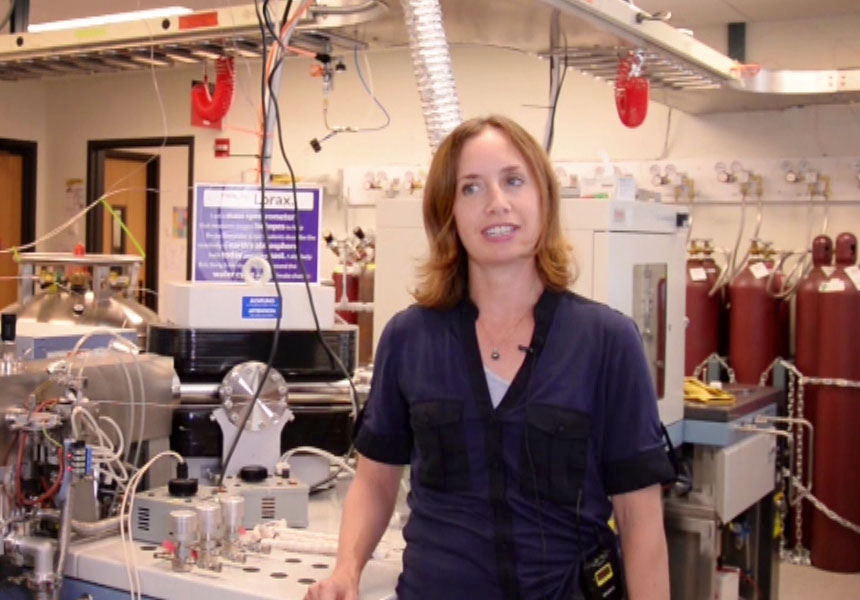
If there was a real debate, you'd at least know someone who disagrees. Becky doesn't.
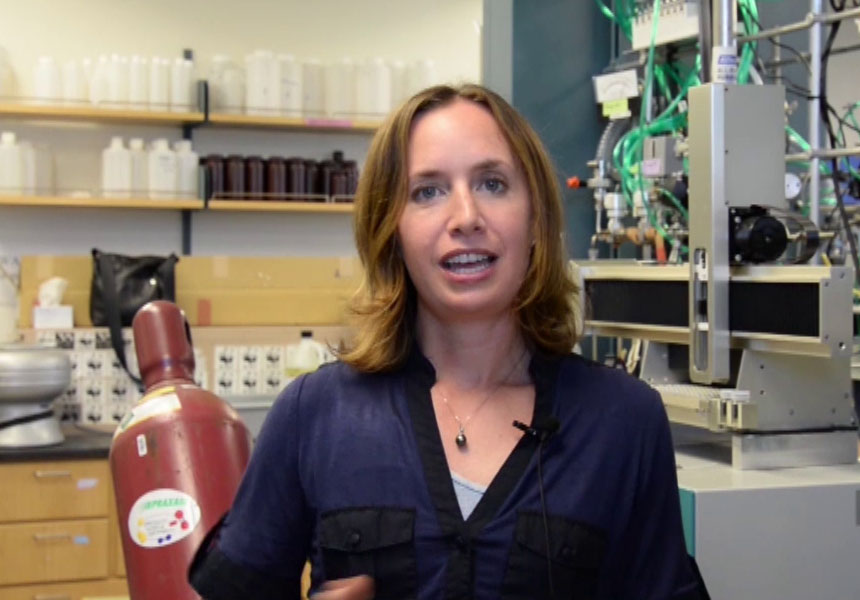
As an researcher into past climate, Becky describes how climate has changed quite a bit in the past and what that's meant. It's not a given that it will stay stable!
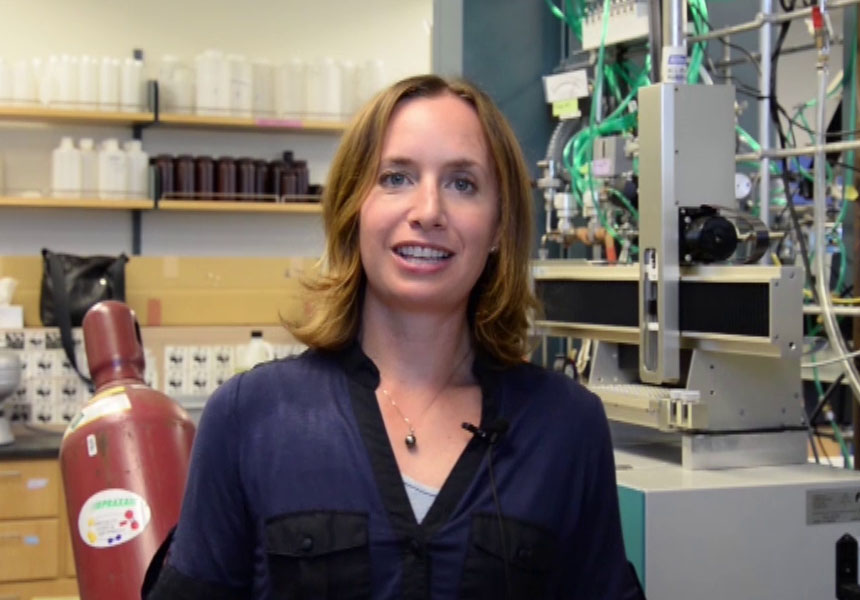
In this quick video, Becky reminds us that the solutions for climate change yield a wide range of benefits, many of them immediate that we can feel today.
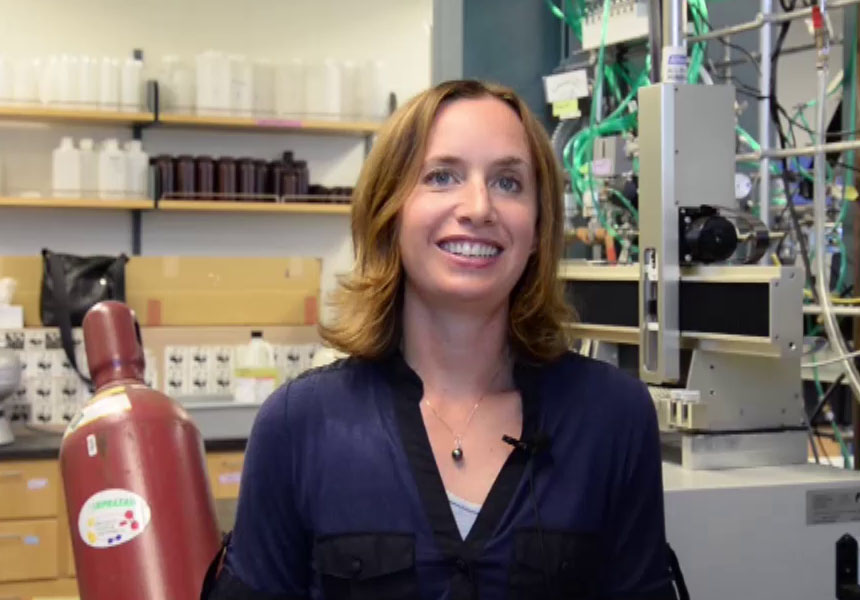
Looking back, how will our kids feel? Hopefully proud of us, right? In this heartfelt video, Becky shares her hope that they'll feel pride when they read about climate change in the history books.

Our civilization has developed over 10,000 years based on a stable climate. We've been able to place agriculture and cities with confidence. That's changing now.
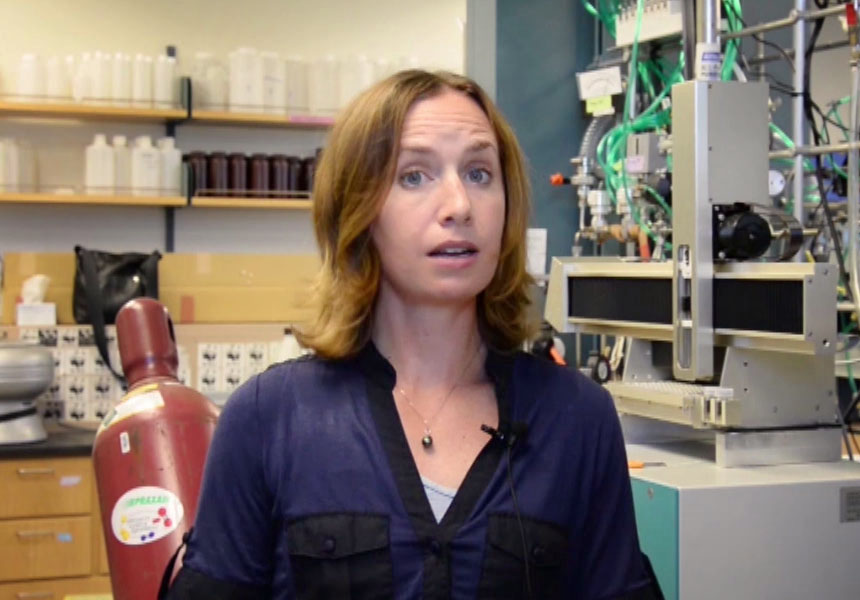
Some problems are bigger than us, they require collective action. In Becky's view, we need leadership at the national and international levels.
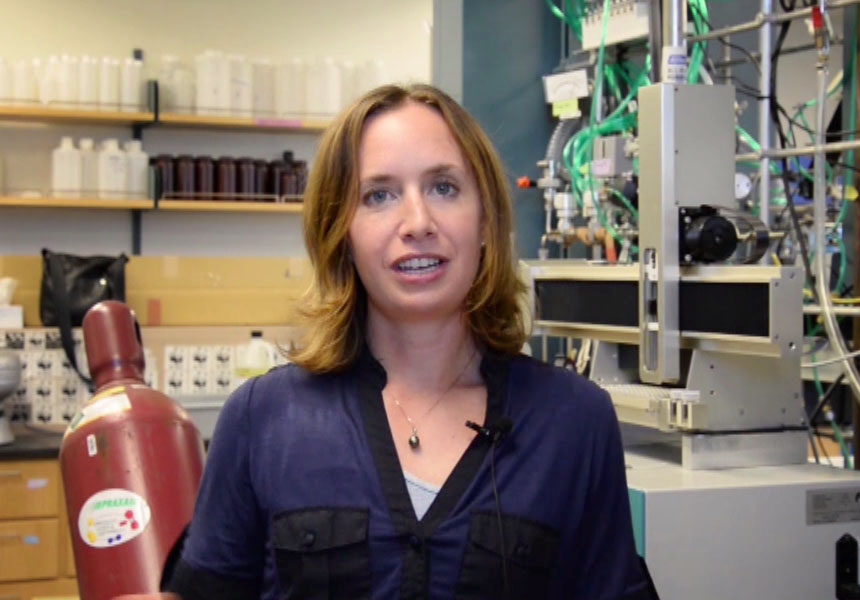
As a paleoclimate scientist, Becky gets asked a lot what she does. She explains that paleo means to study the past, like a paleontologist who studies dinosaurs. So a paleoclimate scientist studies the climate change in the past.
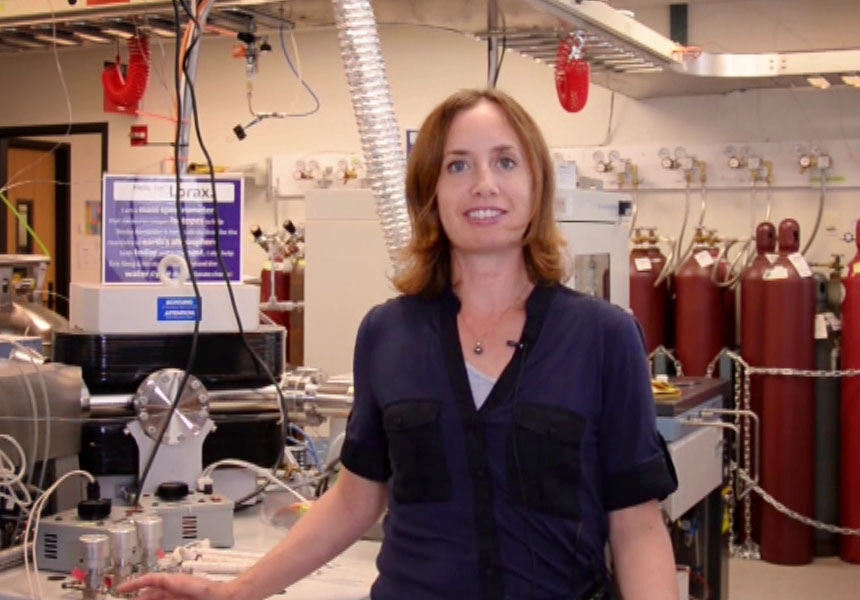
Becky observes the many similarities with the ozone hole problem. That should give us hope that we can do it again!
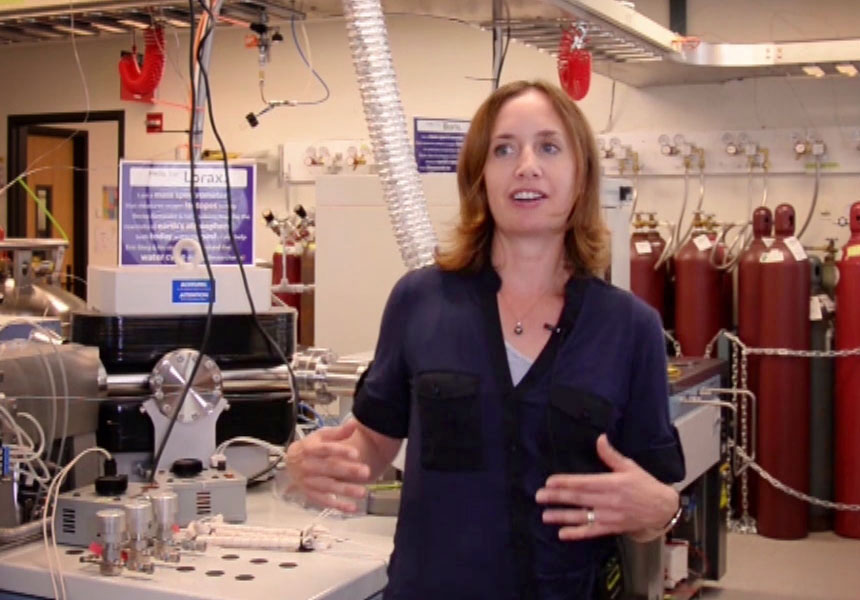
Having studied the climates of the past, and how our civilization has developed based on a fairly stable climate, Becky also thinks deeply about how the changing climate will affect us. Please take a listen.